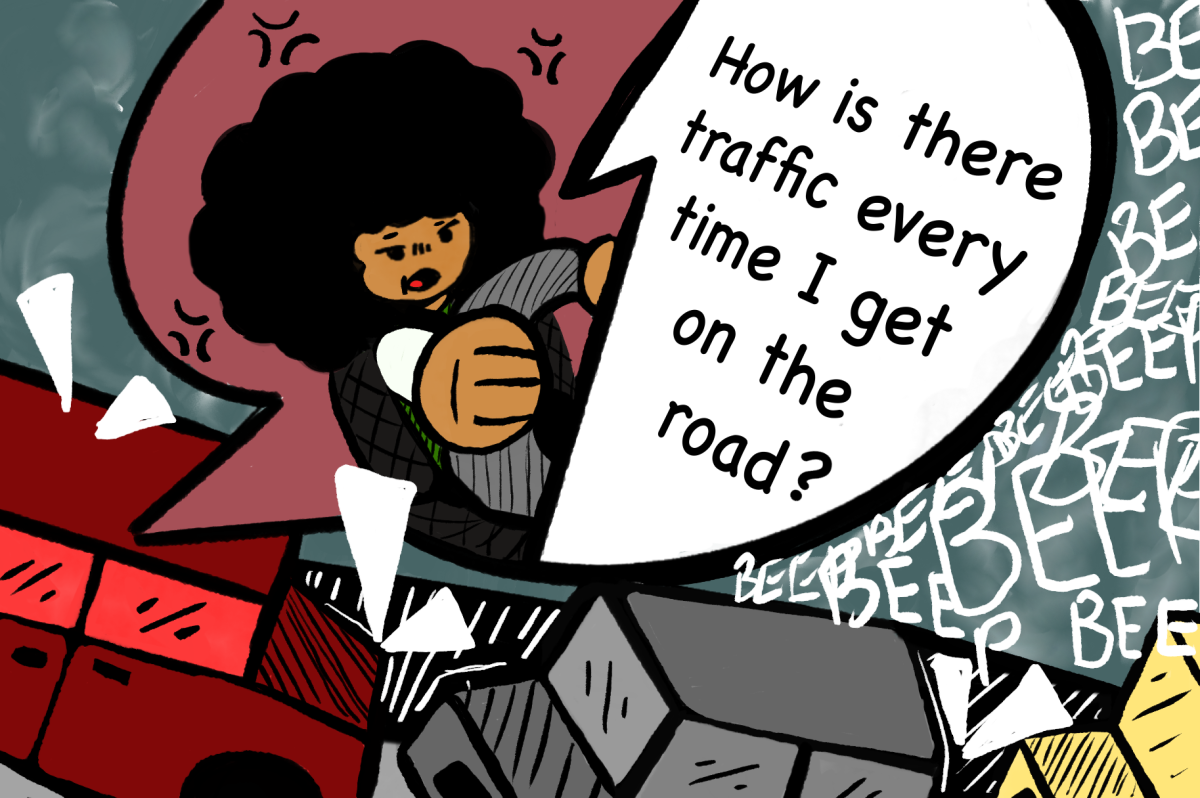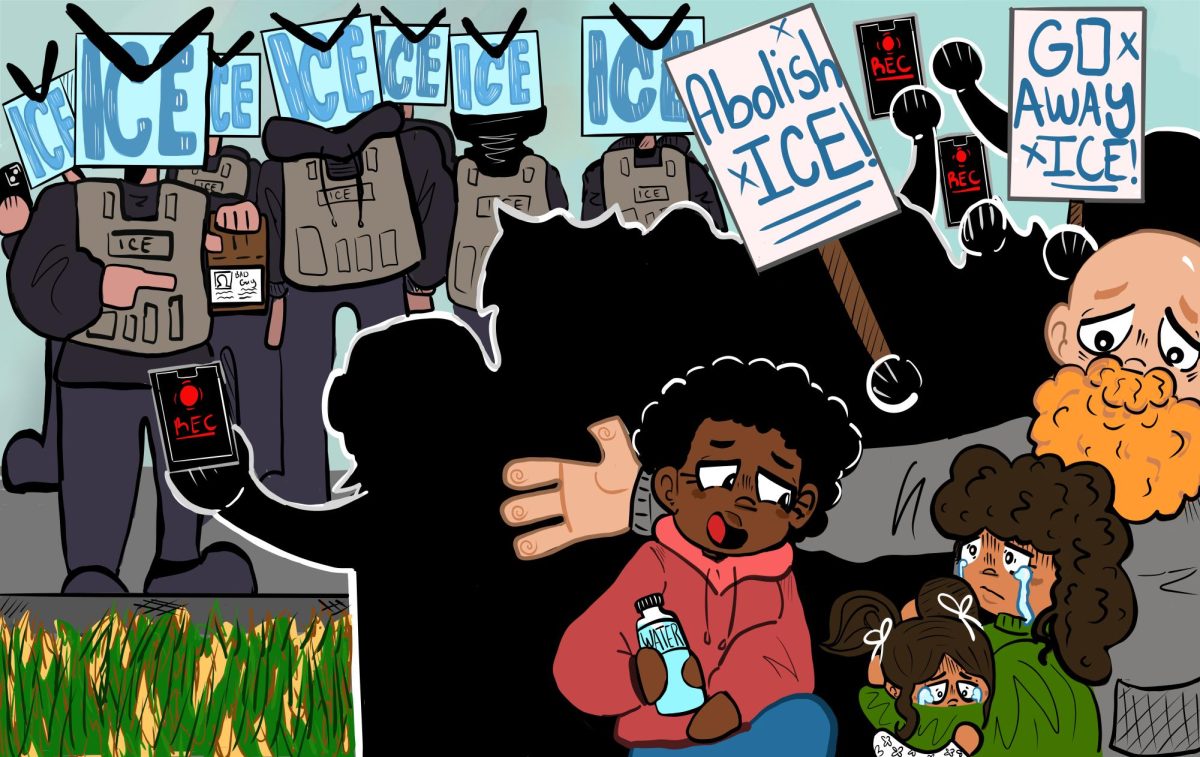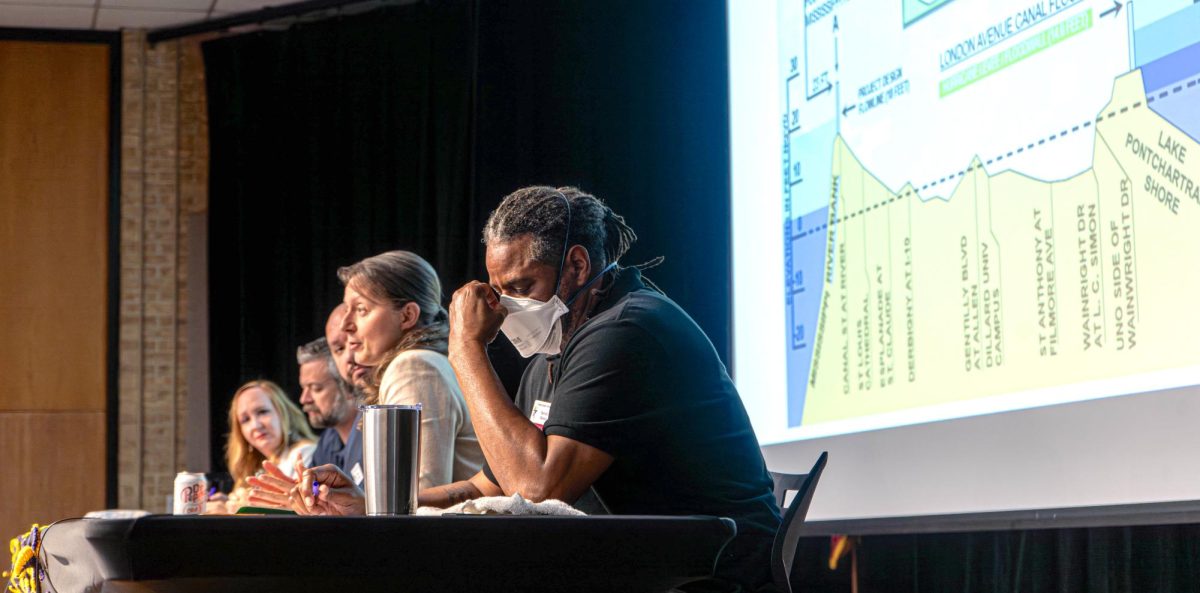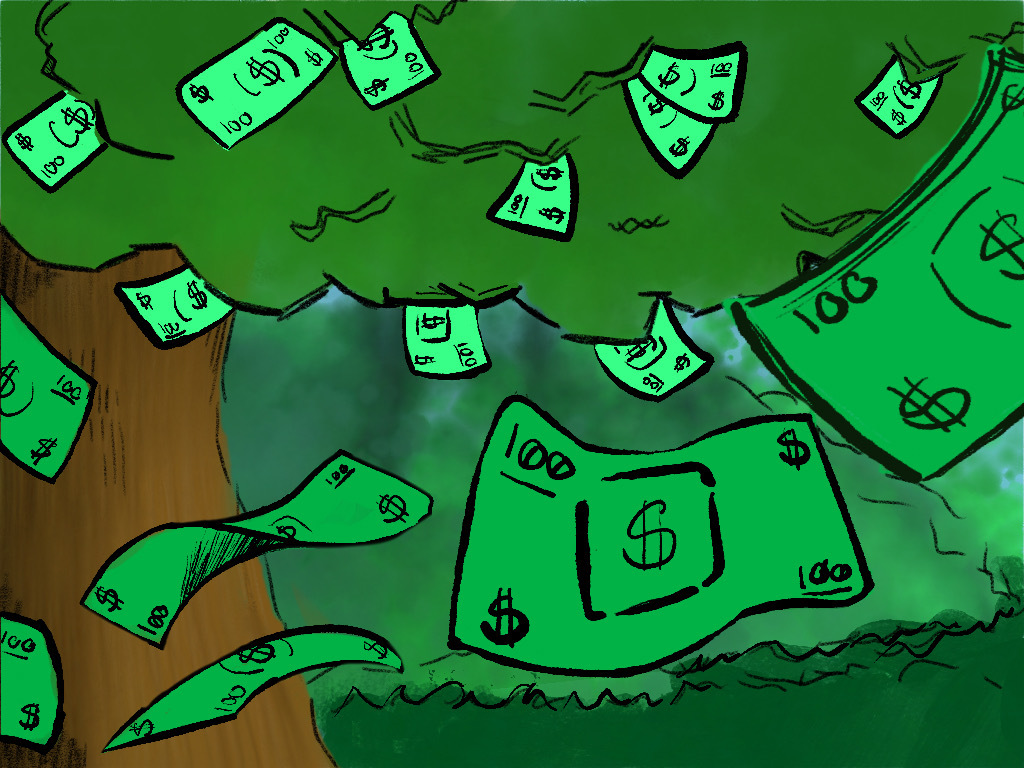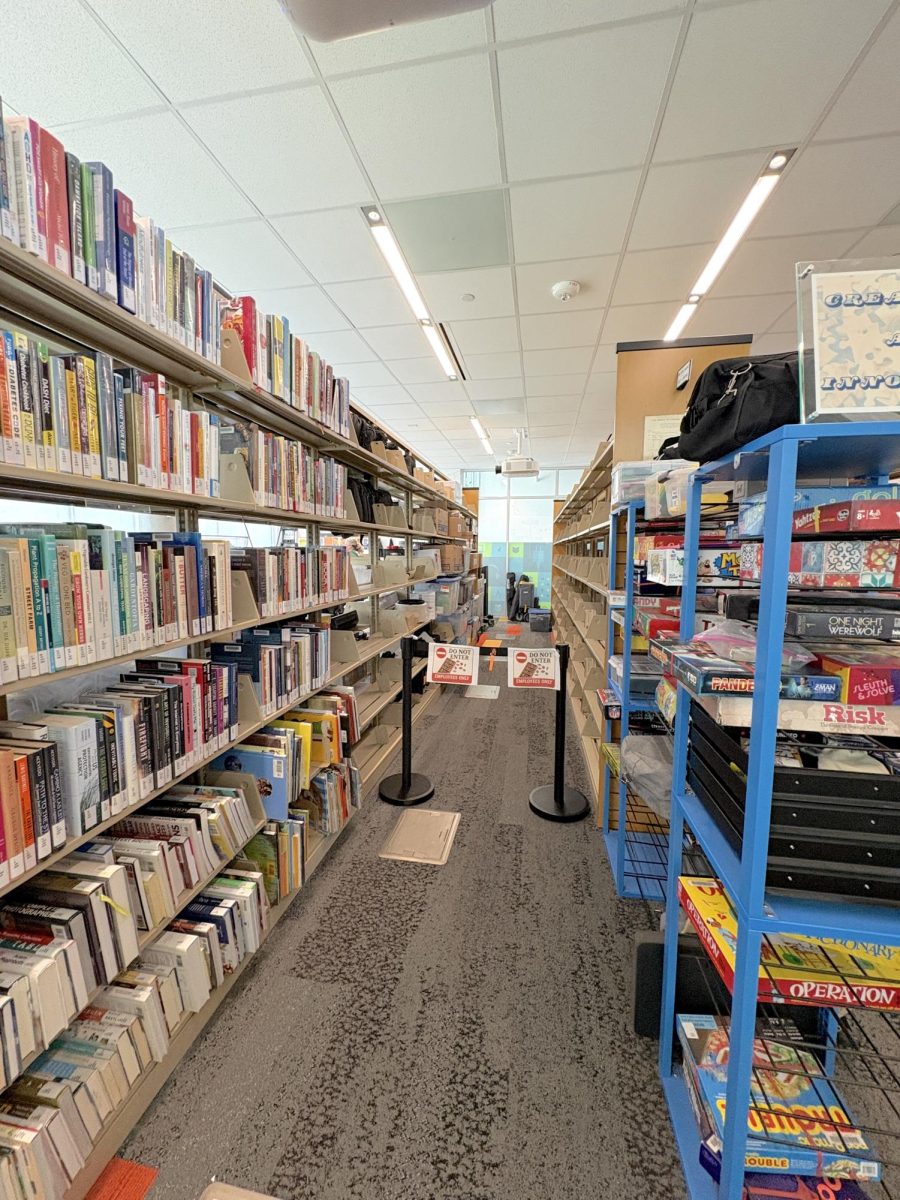Driving in Texas is a daily inconvenience, especially in DFW where a 20-mile drive can take over an hour.
With over 8 million people scattered across 9,000 square miles, the area is about the same size as New Hampshire with eight times its population.
As this area continues to boom, it’s becoming increasingly difficult for people to get to their destinations safely.
In 2024, one reportable crash occurred in Texas every 57 seconds, and the number of motor vehicle deaths equated to one person being killed every two hours, according to Texas’ Department of Transportation.
In Tarrant County alone, there were 28,000 crashes and 189 fatalities in 2024, meaning there were about 76 crashes a day with a death every two.
Texas is currently working on multiple toll projects, according to TxDOT. A majority of these are public-private partnerships, where private companies invest in building and operating these roadways in exchange for the right to collect toll payments.
The reason Texas is focused so heavily on these projects is because of the significant population influx demanding new transportation infrastructure our traditional public funds can’t build in a timely manner.
Toll prices are set by many different factors, cost more during congested traffic and charge drivers almost every mile. While signing up for a TollTag offers discounted prices, the maximum fee can be upward of $3 during traffic.
Our state considers 7 to 9 a.m. and 4 to 7 p.m. to be high-traffic hours. Dallas area workers commute on average 24 miles round trip everyday, according to an EducatedDriver.org.
This means a TollTag cost can be almost $70 for someone to get to places on time.
While the goal is to get rid of the toll price after the private company’s investment is paid off, most public-private tolls started in 2019 projected this could take 25 years after the road’s completion, and they’re still under construction even though we’re using them.
It seems tolls are the focus while Texas ranks 16th in the country for having the poorest road conditions, according to a Sept. 4 Construction Coverage report.
Most of DFW’s roads are pothole ridden and unsafe for vehicles. In April, Fort Worth’s Transportation and Public Works Department reported to NBC5 it had already fixed 13,000 potholes this year, spending roughly $35 per square yard.
Texas spends about 66% of tax dollars to fund the roads they drive on, according to a 2022 Tax Foundation report.
Even though most of those dollars fund fixing the roads, commuters still expect traffic, wrecks and delays daily.
While the option to choose public transportation is available, commuters claim it’s unreliable and unsafe. Nearly 81% of DFW residents don’t use it at all, according to a Clever Real Estate study.
Arlington is known as one of the largest cities in the country without a mass public transit system, and there have been proposals to change this, but it’s been voted down every time.
Since the last time public transit was shut down by voters in 2017, the city implemented a ride-share program due to an increase in demand.
However, its commuters claim it’s just as unreliable as other options in the DFW area.
Local elections in Texas are infamous for having significantly low turnout. In May, only 8% of registered voters in Tarrant County cast a ballot in their local election.
These elections directly affect what projects are funded and the amount of tax dollars used.
If people in DFW want to see their daily commute positively change, then they’ll have to show up for their local elections to vote for it.
The possibility for our roads to be safer and public transit becoming our area’s priority is in our hands, and we must remain active by voting to demand that.
























